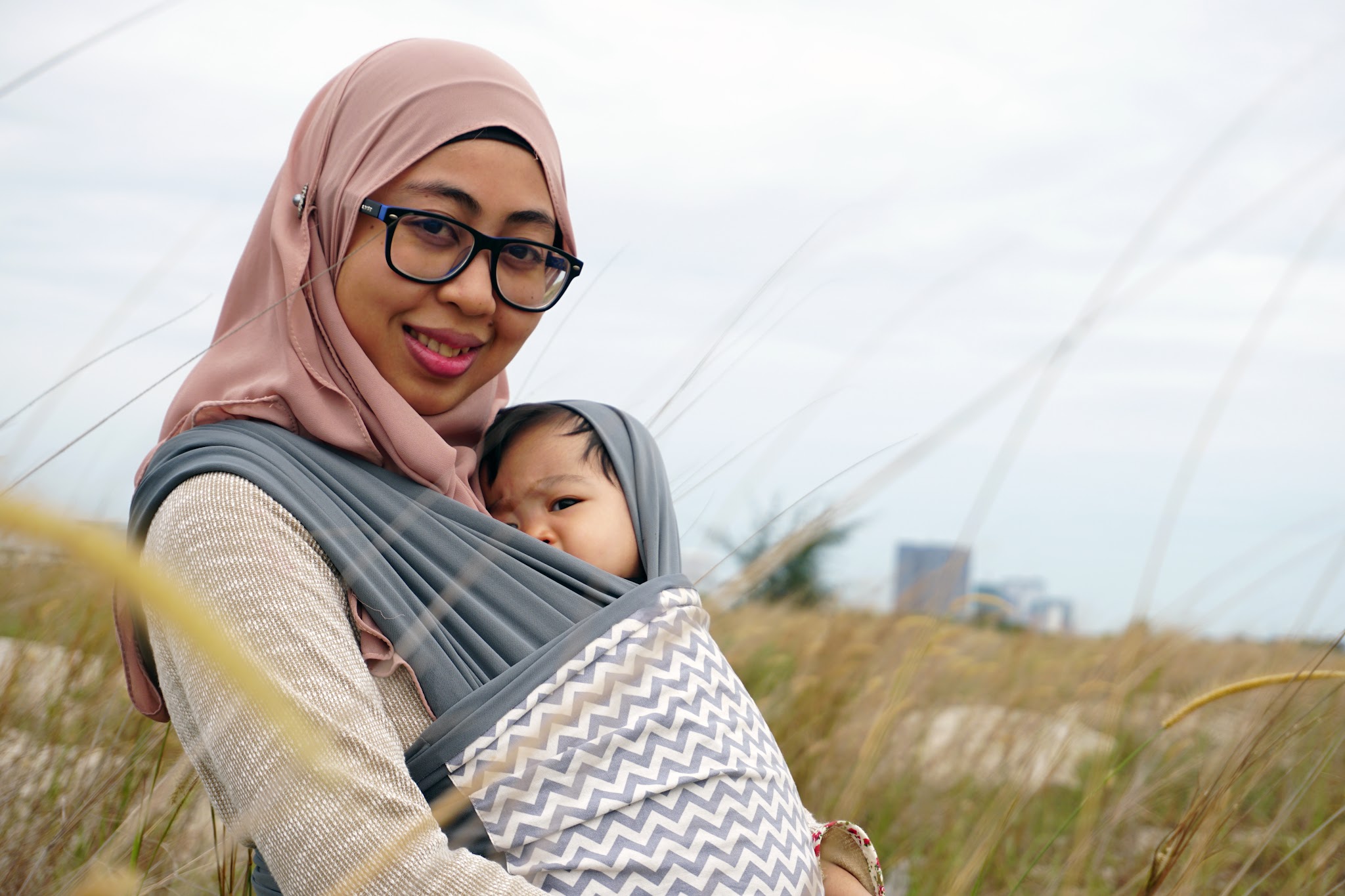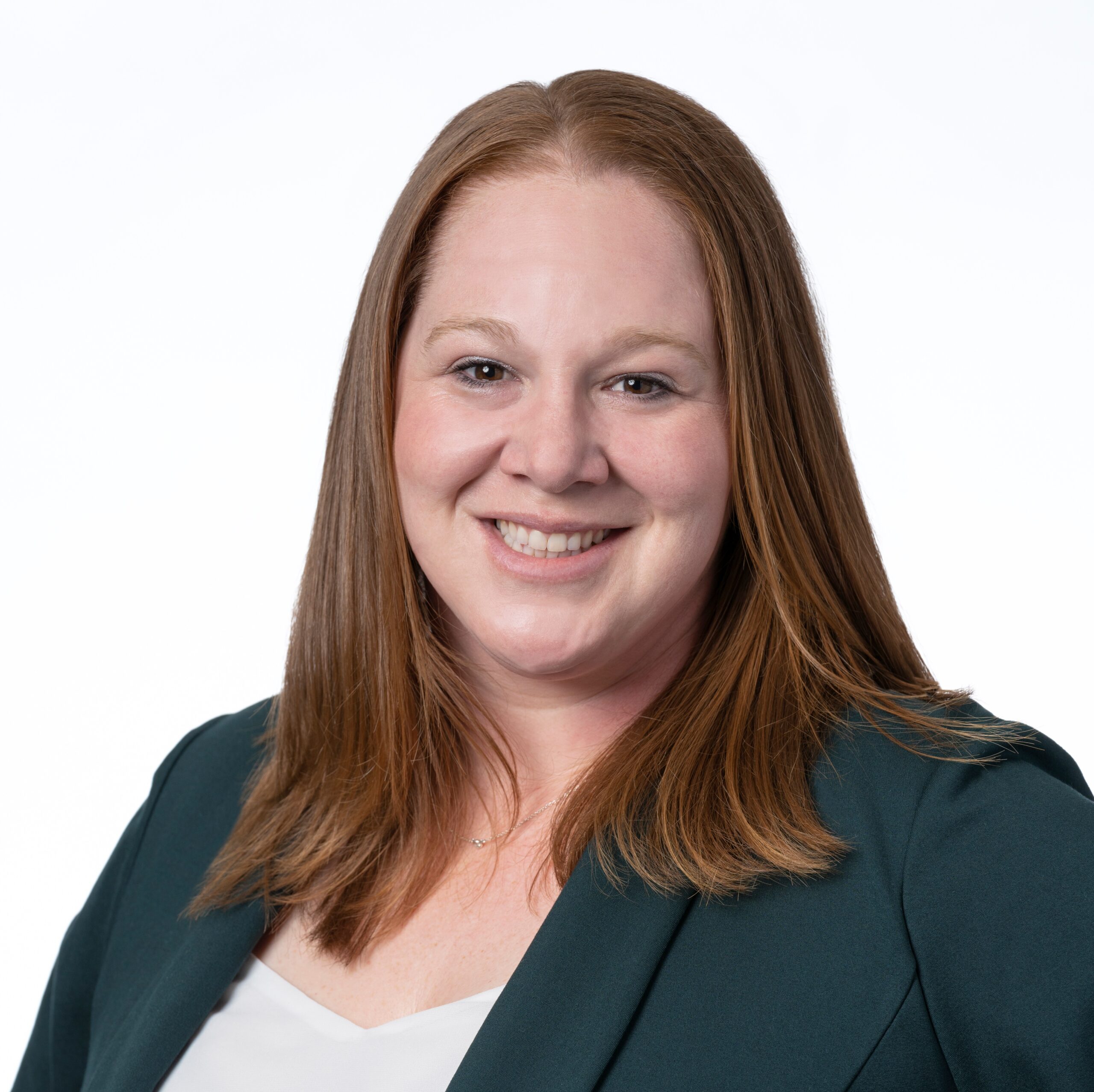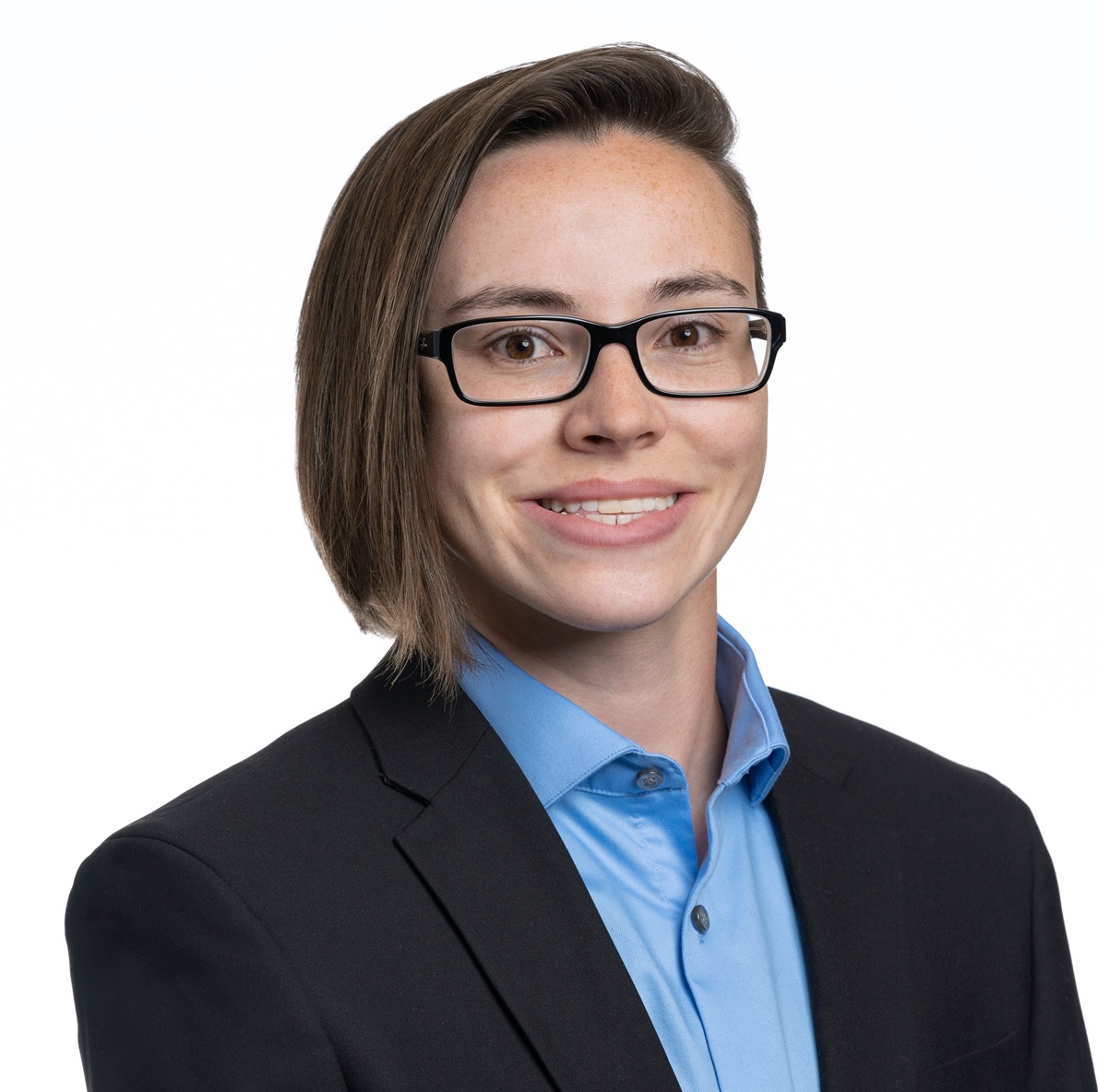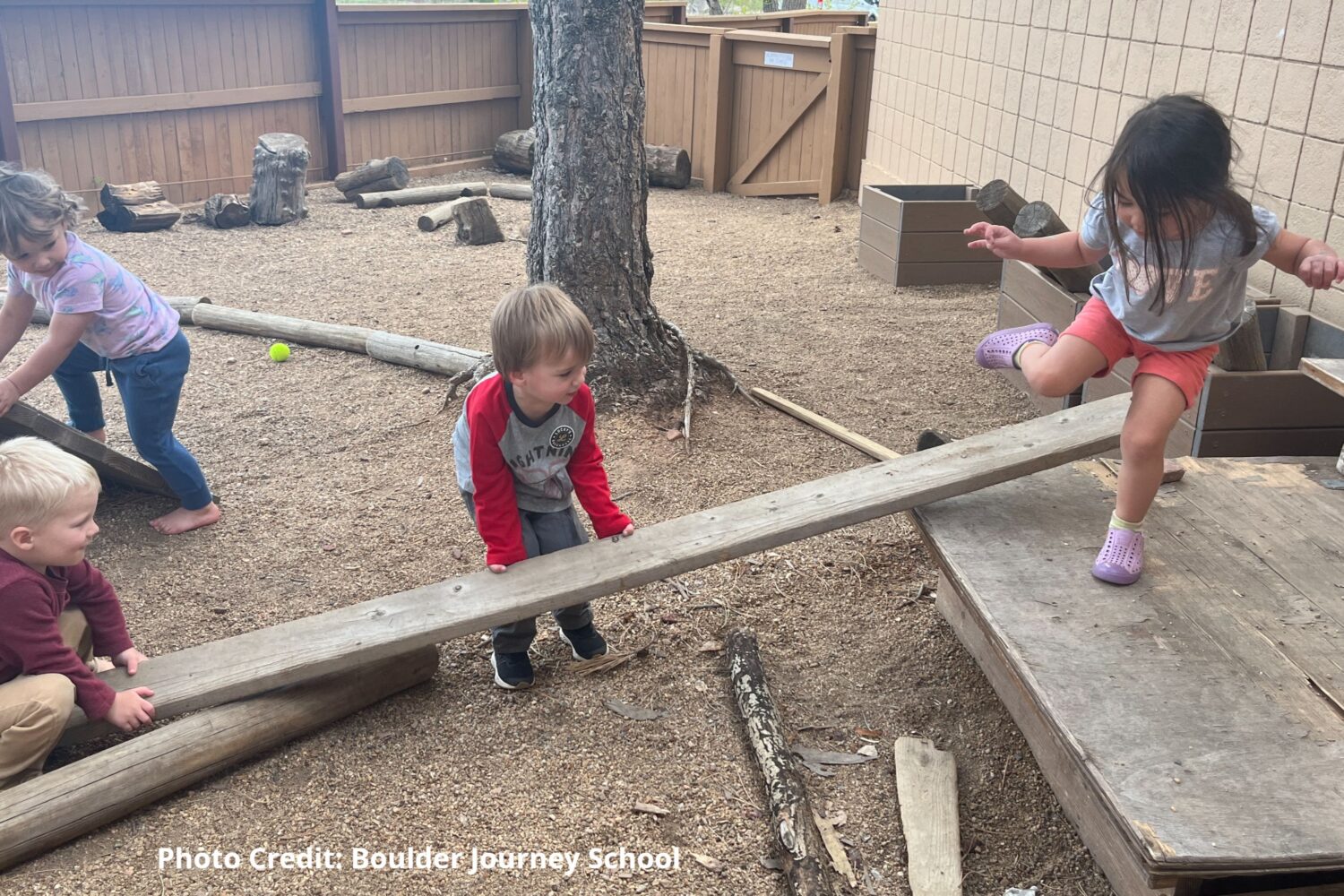Colorado’s young child and family populations have become more diverse in recent years, representing various cultural and linguistic backgrounds and disabilities.[1] As such, early care and learning providers acknowledge the need to create inclusive early learning environments to serve the needs of all learners and their families.
Most recently, the Community Innovation and Resilience for Care and Learning Equity (CIRCLE) Grant Program supported the early childhood education system in Colorado through several diversity, equity, and inclusion (DEI) efforts. The program, funded by federal stimulus dollars and administered by Early Milestones Colorado in partnership with the Colorado Department of Early Childhood, emphasized the need for DEI efforts to find solutions to existing child care challenges.
To support marginalized communities in the state, several CIRCLE grantees centered their work around children and families from diverse linguistic and cultural backgrounds. Of those grantees, we shine a light on the work of Academia Ana Marie Sandoval, Empowering Communities Globally, and The Center—Lake County School District.
Academia Ana Marie Sandoval Elevates Language Justice
In partnership with and using CIRCLE funding, Academia Ana Marie Sandoval developed a project with a strong focus on diversity, equity, inclusion, and belonging. A Denver-area magnet school, Academia Ana Marie Sandoval provides dual language education within a Montessori framework. They primarily serve the Spanish-speaking population in their area, and as such their project focused on language justice and bringing social support and training to teachers and parents in the language of their hearts.
Someone’s heart language is typically the primary language someone speaks in their home. It is the language that represents a person’s cultural and geographic identities.
So far, staff at Academia Ana Marie Sandoval have implemented writer and educator Britt Hawthorne’s anti-bias and antiracist classroom training. The training helps educators learn to conduct critical conversations, answer parent questions, and introduce anti-bias and antiracism practices in the classroom. Providers can refer to the training for years to come as they teach the next generation of anti-bias and antiracist citizens.
Staff were also trained in positive discipline, a method that enables staff to communicate what behaviors are appropriate or inappropriate, the rewards for good behavior, and the consequences for inappropriate behavior. In turn, they’ve trained twenty families in this method in both Spanish and English. By providing instruction in Spanish, staff created greater access to a curriculum that supports healthy child social-emotional development. The school also hosts regular gatherings for parents and children in the community who speak the same language, reducing feelings of isolation some families may experience in their communities.
Refugees Receive Tailored Support from Empowering Communities Globally
Empowering Communities Globally used their CIRCLE grant to boost their ongoing work with refugee families primarily from Afghanistan, Myanmar, Somalia, and Middle East and North African (MENA) countries. They provide home visiting services in each family’s first language, which are often Dari/Farsi, Burmese and Chin, Arabic, Somali, and at times English. During these home visits, they share knowledge on child development, social-emotional learning, and practices to reduce adult and child stress, such as mindfulness coaching. They also provide cultural bridging to develop social connections and a monthly workshop to create multilingual and multicultural spaces.
The following courses, translated to each family’s primary language, are also provided by Empowering Communities Globally’s home visitors:
- Circle of Security, which focuses on how a secure parent-child relationship can be supported and strengthened.
- Growing Brain, which provides a comprehensive overview of how the brain develops and evidence-based strategies for how parents can encourage healthy brain development in children from birth to five years old.
- Nurturing Parenting, which is a family-centered, trauma-informed training that builds nurturing parenting skills.
- Financial Health, which provides financial education to those experiencing economic stress as well as financial strategy sessions that go beyond basic financial literacy.
The Center at Lake County School District Reaches Families Through Bilingual Support
As part of their CIRCLE grant, The Center—Lake County School District hired bilingual office support staff to ensure the Spanish-speaking children and families in their program can stay informed. Hiring bilingual staff members is an excellent example of a program’s effort to ensure staff reflect the linguistic and cultural diversity within their communities. To determine the success of this effort, The Center – Lake County School District conducted a parent survey in May 2023. Of the parents surveyed, 86% responded that they felt more welcomed and supported by having bilingual office support. One respondent shared, “It’s nice to call and have someone to talk to [and] always feel like I get stuff in my home.”
Inclusive Spaces Are Defined by the Words We Use
While these grantees focused on DEI within the space of race, ethnicity, country of origin, and language, several other grantees focused on inclusive practices and environments. Our previous blog post, CIRCLE Grantees Expand Access to Outdoor Learning Spaces, highlighted the work of a few of these grantees. Given this, we would like to include a few best practices related to inclusive language.
The terms below should never be used, and some are considered slurs. Others try to put a positive spin on something that should be an objective label:
- retarded
- special needs
- differently abled
- handi-capable
- physically challenged
Instead, use the following terms:
- intellectually disabled
- developmentally disabled
- children with disabilities
- disabled children
Above all, use the term that is preferred by the individual. For more tips regarding inclusive language, please see the APA Language Guidelines.
keyTakeaways
-
CIRCLE grantees implemented various innovative approaches to create inclusive learning environments that foster a sense of belonging within diverse communities.
-
Incorporating inclusive language in early care and learning settings will contribute to more equitable outcomes for young children and their families.
-
The words we use matter. For more tips regarding inclusive language, please see the APA Language Guidelines.
FOOTNOTES
[1] Hughes, S., & Manoatl, E. (2022). Kids Count in Colorado. Denver, CO: Colorado Children’s Campaign.

